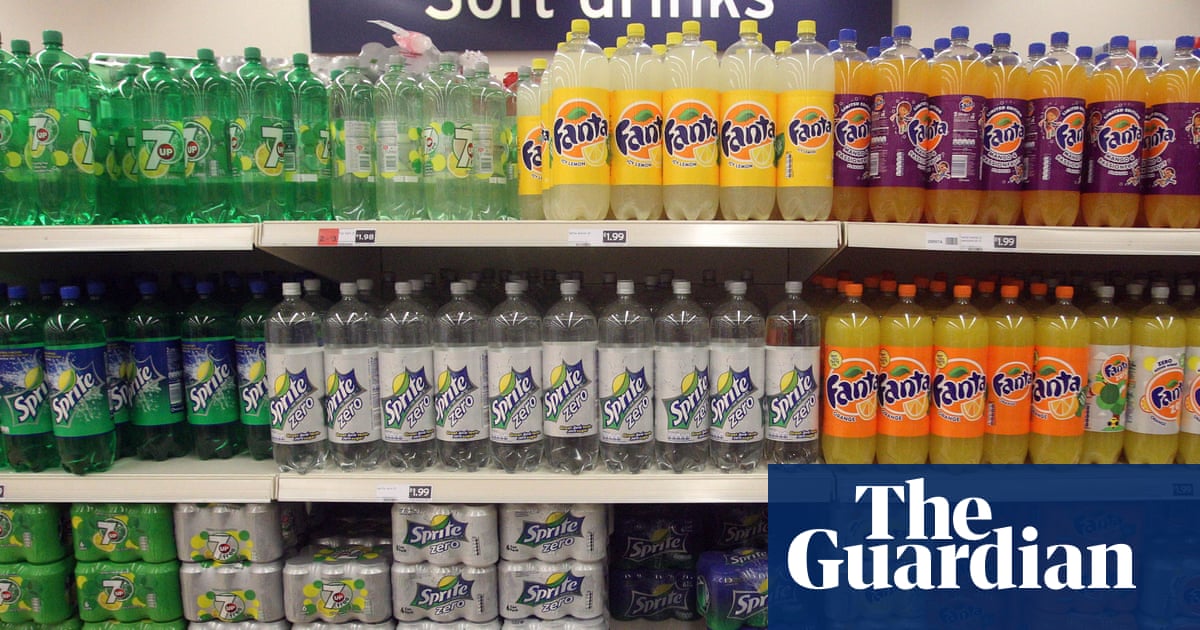This is the best summary I could come up with:
The tax, which came into force in April 2018, has been so successful in improving people’s diets that experts have said an expansion to cover other high sugar food and drink products is now a “no-brainer”.
But despite this reduction, the amount of sugar consumed by adults and children still remains above the recommended guidelines and is contributing to high levels of tooth decay, obesity, diabetes and other illnesses.
According to the World Health Organization and the UK Scientific Advisory Committee on Nutrition, the consumption of free sugar should be below 5% of a person’s total calorie intake.
These results are consistent with previous research which show a reduction in household purchasing of sugar from soft drinks one year after adoption of the levy.”
“With a new government now in place, policymakers are urged to consider applying a similar levy to other discretionary products that are key contributors to sugar intake, such as chocolate confectionery, to shift diets towards a healthier direction.”
A Department of Health and Social Care spokesperson said: “This government will take action to prevent ill-health and tackle the obesity crisis head on, easing the strain on the NHS and helping people to live well for longer.
The original article contains 720 words, the summary contains 200 words. Saved 72%. I’m a bot and I’m open source!
Great, now all the undernourished kids with poor parents are going to drink water instead and lose weight to dangerously unhealthy levels.
According to The Guardian (same source as this article), the number of children in food poverty in the UK is 4 million. 15% of UK households went hungry in January. Now, soda isn’t the smartest source of calories in a kid’s diet. It’s expensive and low in other nutrients. But kids aren’t always smart. A poor kid thinks “I’m hungry, I have a few pounds, there’s a vending machine, problem solved”. If the soda is too expensive, that doesn’t mean the kid is going to go to Aldi, buy some potatoes, and roast them for a cheap and nutritious meal. They’re a kid! It means they’ll pay more or go without. Which means you’re making the poverty and malnutrition problem worse.

